A Comparison of Bamboo vs Cotton Socks
In the realm of sustainable fashion, the debate between bamboo and cotton socks is ongoing. Both materials have their unique attributes, making the choice a matter of personal preference.
Bamboo socks, crafted from the pulp of bamboo grass, offer a range of benefits. They are known for their antibacterial properties and superior moisture-wicking abilities. On the other hand, cotton socks, made from natural cotton fibers, are celebrated for their softness and breathability.
However, the comparison doesn't end at comfort and functionality. The environmental impact of these materials is a significant factor to consider. Bamboo is often praised for its eco-friendly cultivation, while cotton's high water consumption raises concerns.
In this article, we delve into the bamboo vs cotton socks debate. We'll explore their properties, benefits, drawbacks, and environmental impacts. Our aim is to help you make an informed decision on your next sock purchase.
Understanding the Fibers: Bamboo and Cotton
Bamboo socks are made from the pulp of bamboo grass. This grass is a highly renewable resource, growing at a much faster rate than cotton. The fibers derived from bamboo are naturally antibacterial, preventing odor-causing bacteria from thriving.
Cotton socks, on the other hand, are crafted from cotton fibers. These fibers are natural but require significant amounts of water to grow. Cotton is known for its softness and is widely used in a variety of textile products.

The processing of these fibers into fabric also differs. Bamboo requires a more complex process to transform the hard bamboo stalk into soft fabric. Cotton processing, while still involving several steps, is less intensive.
These differences in the fibers and their processing contribute to the unique properties of bamboo and cotton socks. They influence factors such as comfort, durability, and environmental impact.
Environmental Impact: Cultivation and Production
Bamboo is often touted for its eco-friendly cultivation. It requires less need for pesticides and fertilizers compared to cotton. Bamboo's natural resistance to pests reduces the need for harmful chemicals in its cultivation. Furthermore, bamboo can be grown without irrigation, relying on natural rainfall.
On the contrary, the cultivation of cotton can have a significant environmental impact. It requires extensive use of pesticides and a large amount of water. Cotton farming occupies a significant amount of arable land worldwide. The global demand for cotton has led to monoculture practices, which can deplete soil nutrients.
However, it's important to note that the production of bamboo fabric can involve chemical processes. These processes may raise environmental concerns. Organic cotton options are available for those seeking a more sustainable cotton choice.
Key environmental considerations include:
- Pesticide and fertilizer use
- Water consumption
- Land use
- Chemical processes in production
Comfort and Wearability: Texture, Breathability, and Moisture Control
When it comes to comfort, both bamboo and cotton socks have their unique advantages. Bamboo fibers are naturally soft, often compared to the feel of cashmere. They also have a natural sheen, giving the fabric a luxurious appearance.
On the other hand, cotton is known for its softness and versatility. It can be blended with other fibers for different textures and strengths. However, cotton fabric is prone to wrinkling, while bamboo fabric maintains a smoother appearance.
In terms of breathability and moisture control, bamboo socks offer superior moisture-wicking properties. They keep feet dry by drawing sweat away from the skin. This makes bamboo socks particularly beneficial for athletes and those with active lifestyles.
Cotton socks, while breathable, can retain moisture. This can potentially lead to discomfort, especially in warmer climates or during physical activity.
Durability and Maintenance: Lifespan and Care
Bamboo socks are generally more durable than their cotton counterparts. They can maintain their shape and softness even after multiple washes. This resilience to frequent washing makes bamboo socks a sustainable choice for those looking to reduce their laundry frequency.
Cotton socks, on the other hand, may wear out faster. They can lose their softness over time, especially with heavy-duty use.
Care instructions for bamboo socks may differ from cotton. Some bamboo socks require gentler washing conditions to maintain their quality.
Despite these differences, both types of socks can offer good value depending on their intended use and care.
Health and Hypoallergenic Properties
Bamboo fibers are naturally antibacterial. This prevents odor-causing bacteria from thriving, making bamboo socks a good choice for maintaining foot health.
In addition, bamboo's hypoallergenic properties make it suitable for people with sensitive skin or allergies. The potential for allergic reactions to dyes and finishes used in bamboo socks is lower compared to other materials.
Cotton is also hypoallergenic. However, some individuals may react to the chemicals used in its production.
Despite these differences, both bamboo and cotton socks can be a healthy choice depending on individual sensitivities and preferences.
Cost Considerations: Price Point and Value
Bamboo socks can be more expensive than cotton. This is due to the processing required to turn bamboo into fabric.
However, the durability of bamboo socks can offset the initial cost. They maintain their shape and softness after multiple washes, providing value over time.
Cotton socks, on the other hand, are often more affordable and widely available. But they may wear out faster and lose their softness over time.
In the end, the choice between bamboo and cotton socks can also be influenced by budget considerations and perceived value.
Style and Versatility: Fashion and Functionality
Bamboo socks come in various styles, colors, and patterns. Their natural sheen gives the fabric a more luxurious appearance, often compared to cashmere.
Cotton socks, a staple in the fashion industry, also offer a wide range of styles. Their versatility allows them to be blended with other fibers for different textures and strengths.
Ultimately, the choice between bamboo and cotton socks can come down to personal style preferences and the desired functionality of the socks.
The Sustainability Debate: A Closer Look at Bamboo and Cotton Socks
The debate over the sustainability of bamboo vs. cotton continues. Both sectors are making advancements, with innovations in bamboo textile production and cotton farming.
Bamboo's fast growth rate and natural resistance to pests reduce the need for harmful chemicals. However, the production of bamboo fabric can involve chemical processes, raising environmental concerns.
On the other hand, cotton's water footprint and the use of pesticides are major concerns. Yet, organic cotton options and cotton recycling programs exist to promote sustainability.
- Bamboo: Fast growth rate, natural pest resistance, potential chemical use in production
- Cotton: High water and pesticide use, organic and recycled options available
The life cycle assessment of both bamboo and cotton socks is crucial for understanding their full environmental impact. This includes factors like cultivation, production, transportation, and disposal.
Conclusion: Making an Informed Choice
The choice between bamboo and cotton socks often comes down to personal preference, values, and intended use. Both materials offer unique benefits and potential drawbacks.
For those prioritizing sustainability, the environmental impact of cultivation, production, and disposal are key considerations. For others, comfort, durability, and cost may be more influential factors.
The role of consumer education in understanding these differences is crucial. It empowers informed decision-making and promotes responsible consumption.
Ultimately, the choice should align with the user's values, lifestyle, and comfort preferences. Whether bamboo or cotton, each pair of socks carries its own story from field to foot.
At Sock Geeks, all our monthly subscriptions feature high-quality cotton socks to ensure maximum comfort and breathability for our customers. However, we also offer bamboo socks as part of our individual collections. These bamboo options provide excellent moisture-wicking and antibacterial properties, making them a fantastic addition to your sock drawer.
Keywords: bamboo socks | cotton socks | sustainable fashion | eco-friendly socks | bamboo vs cotton socks | Sock Geeks collections




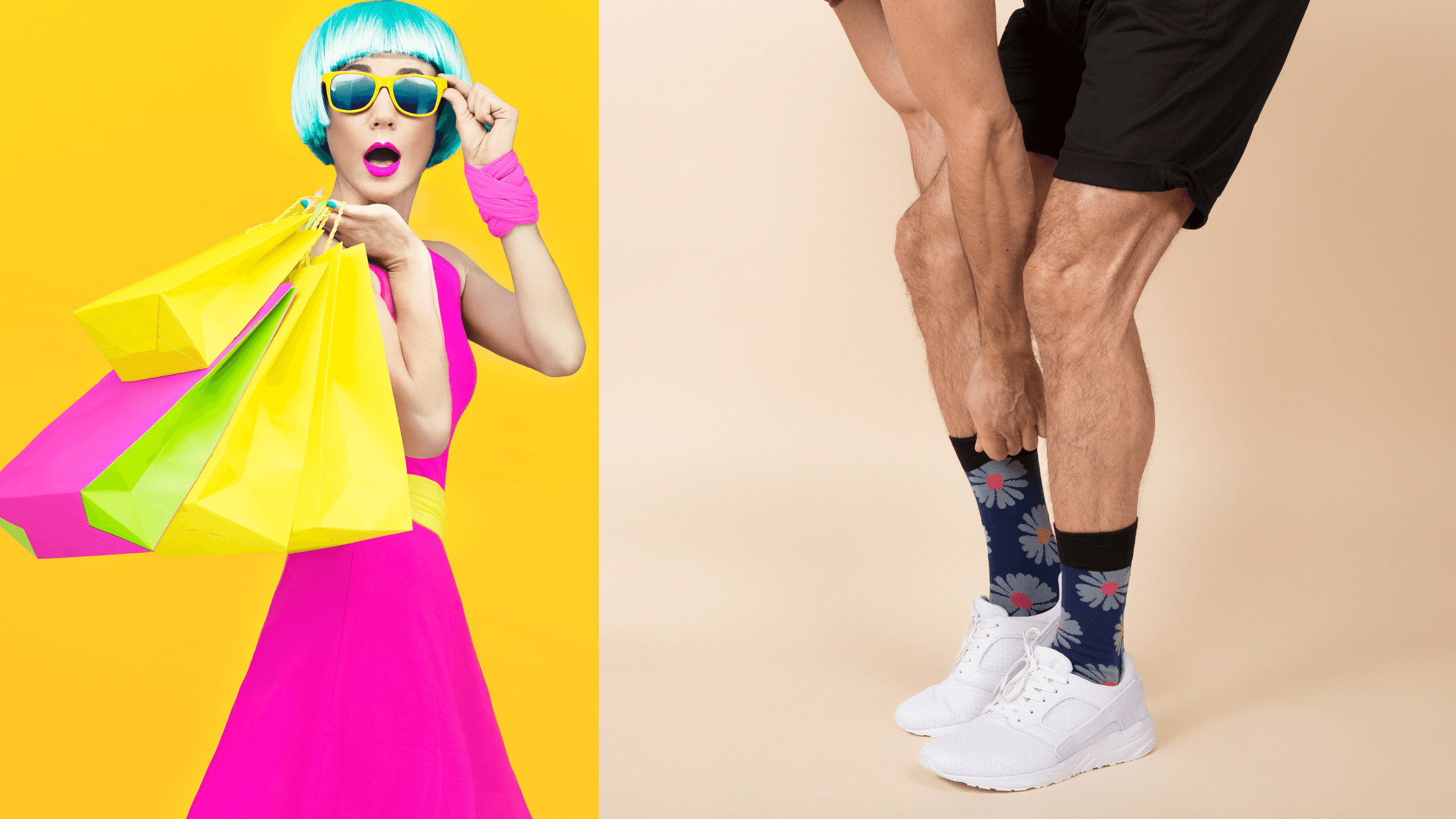
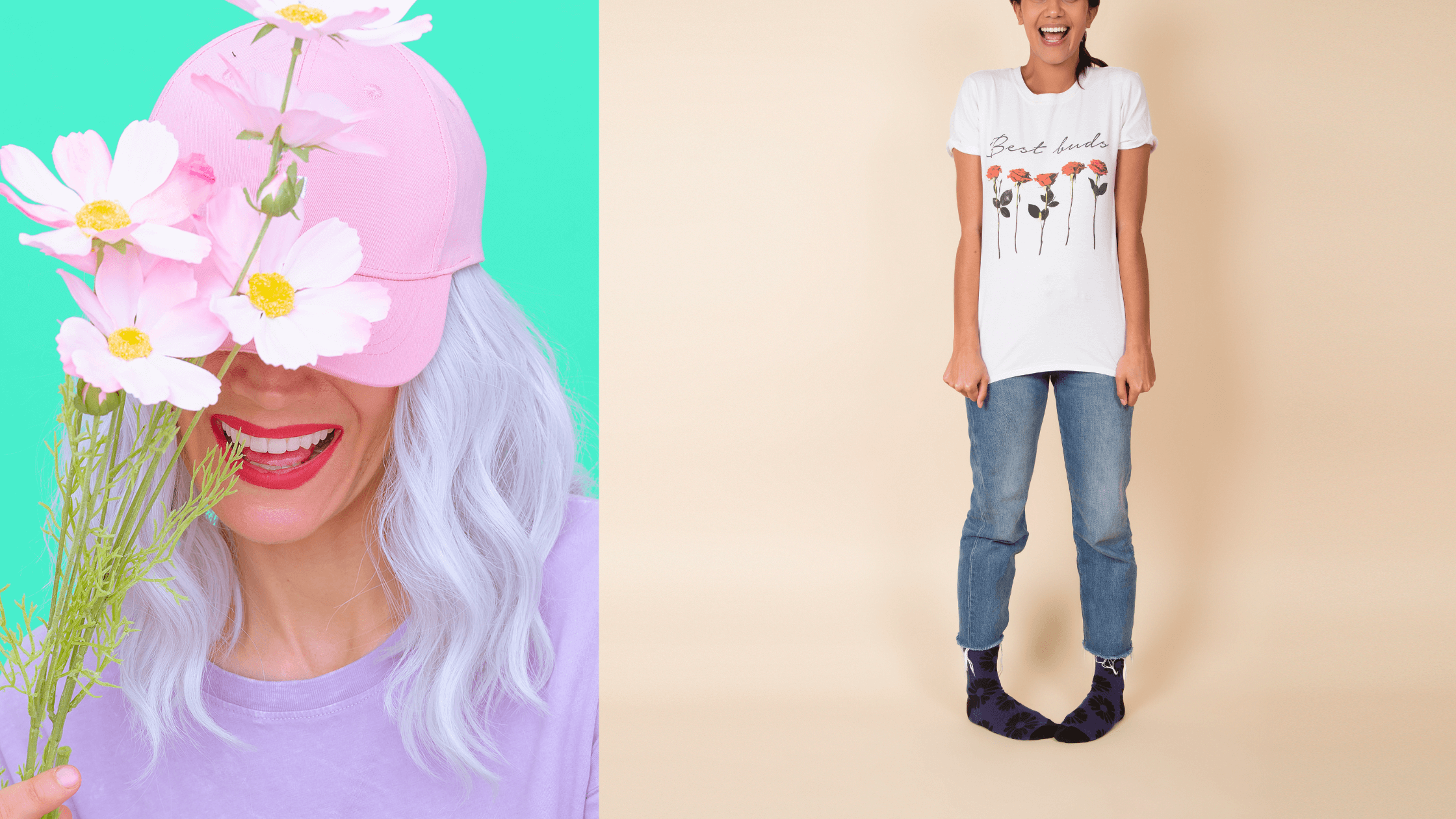



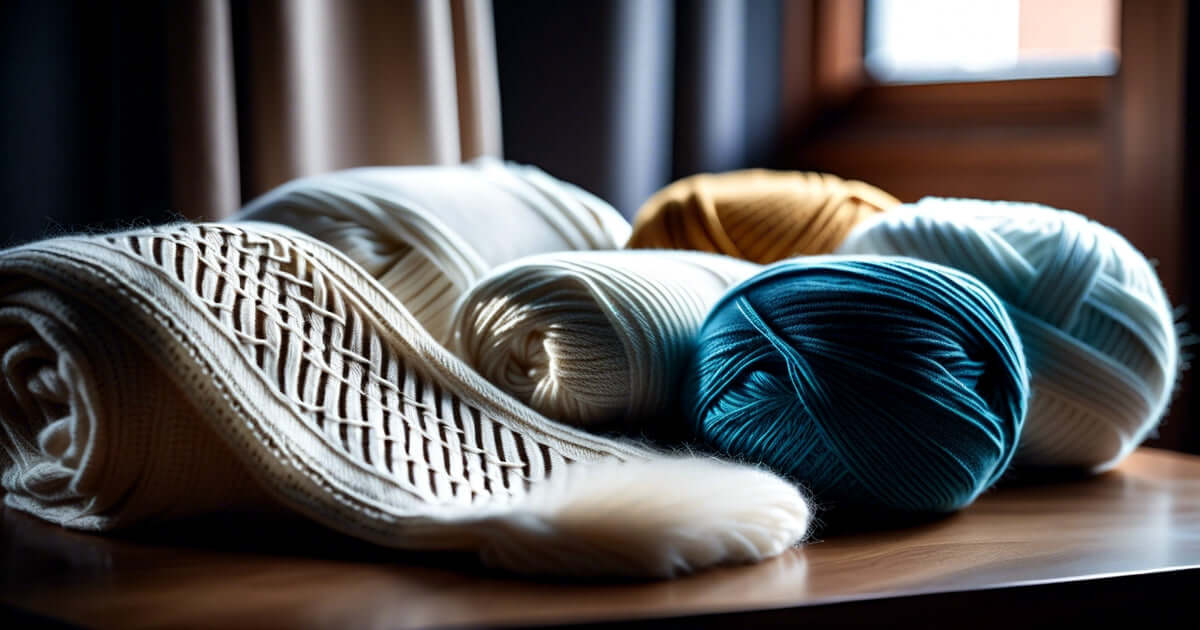




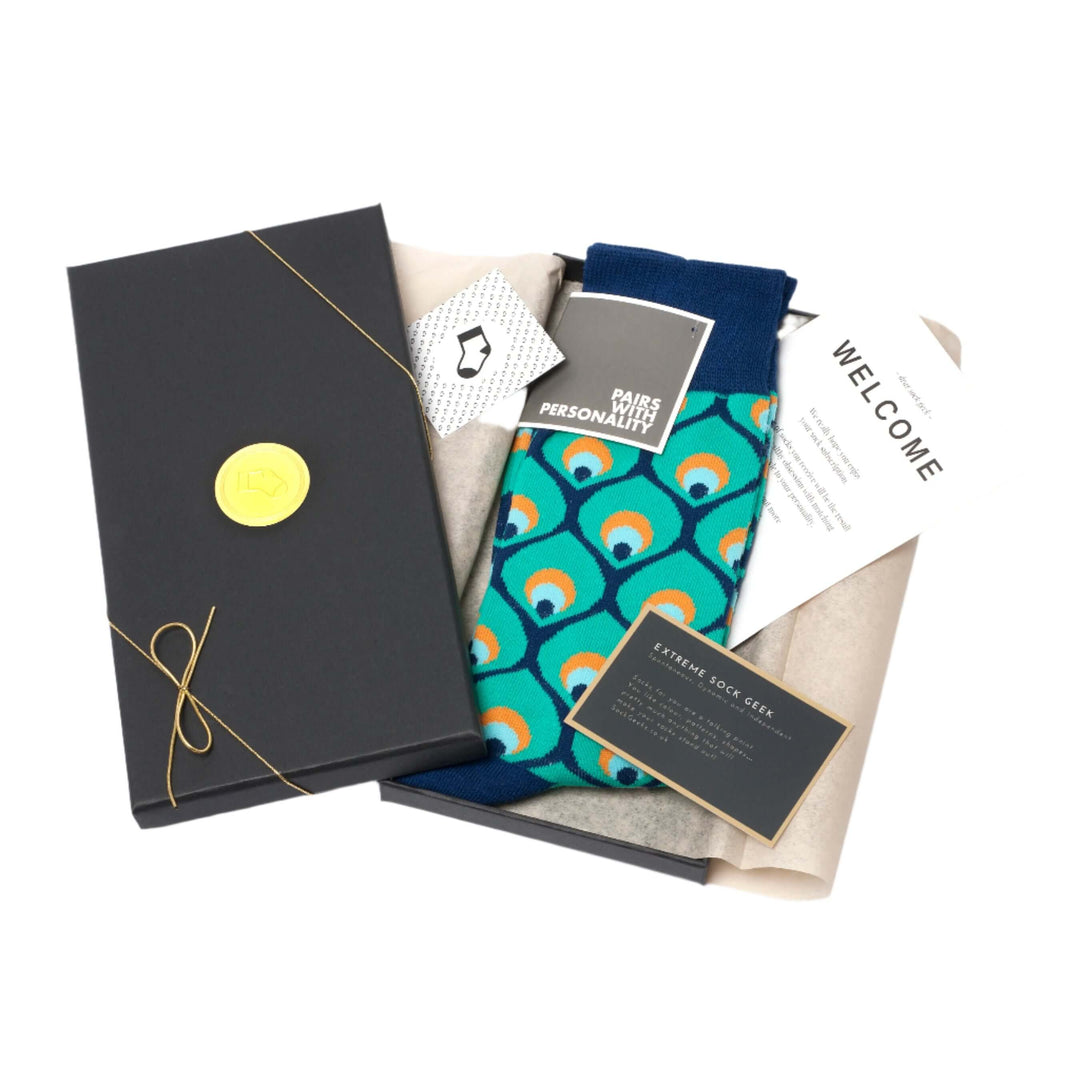
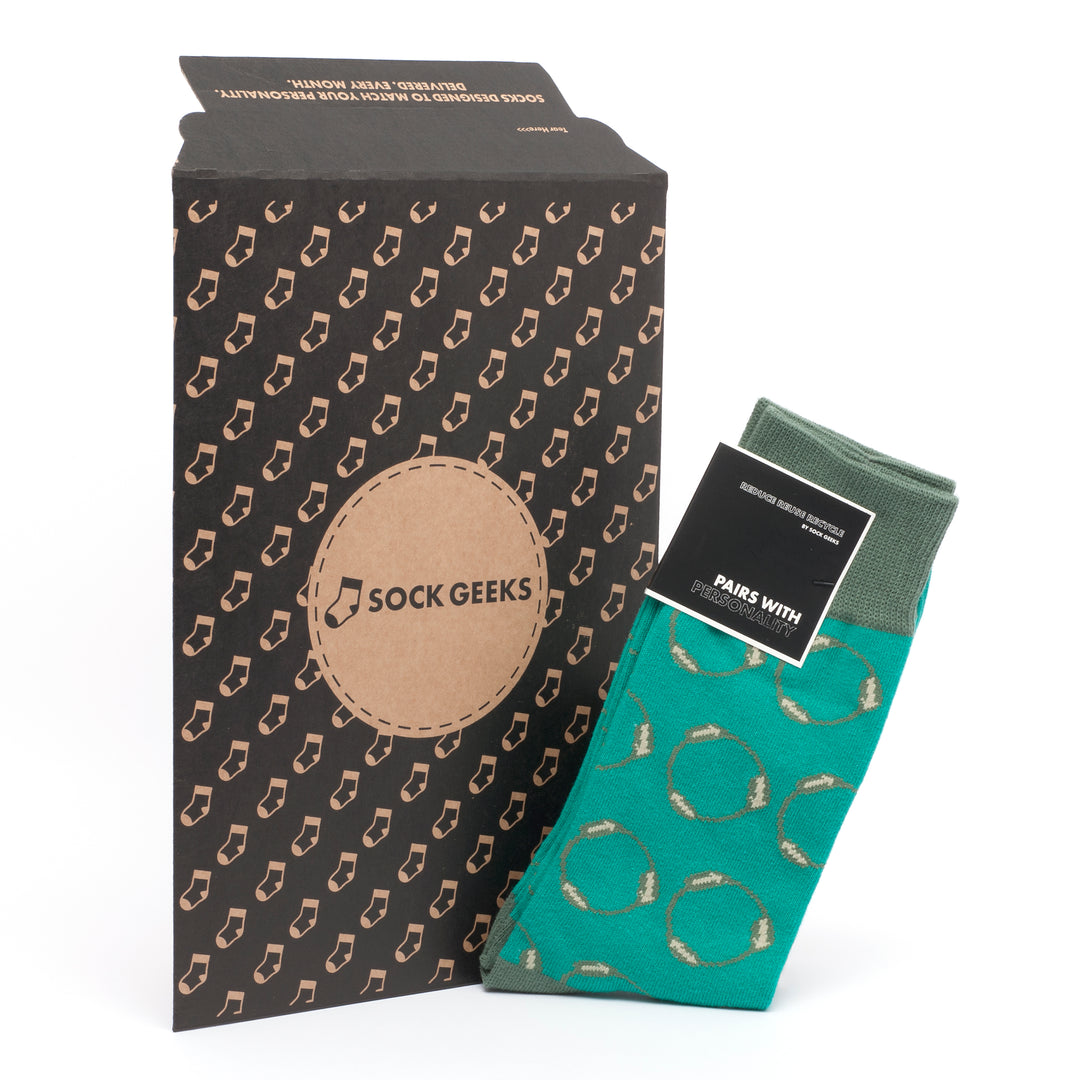
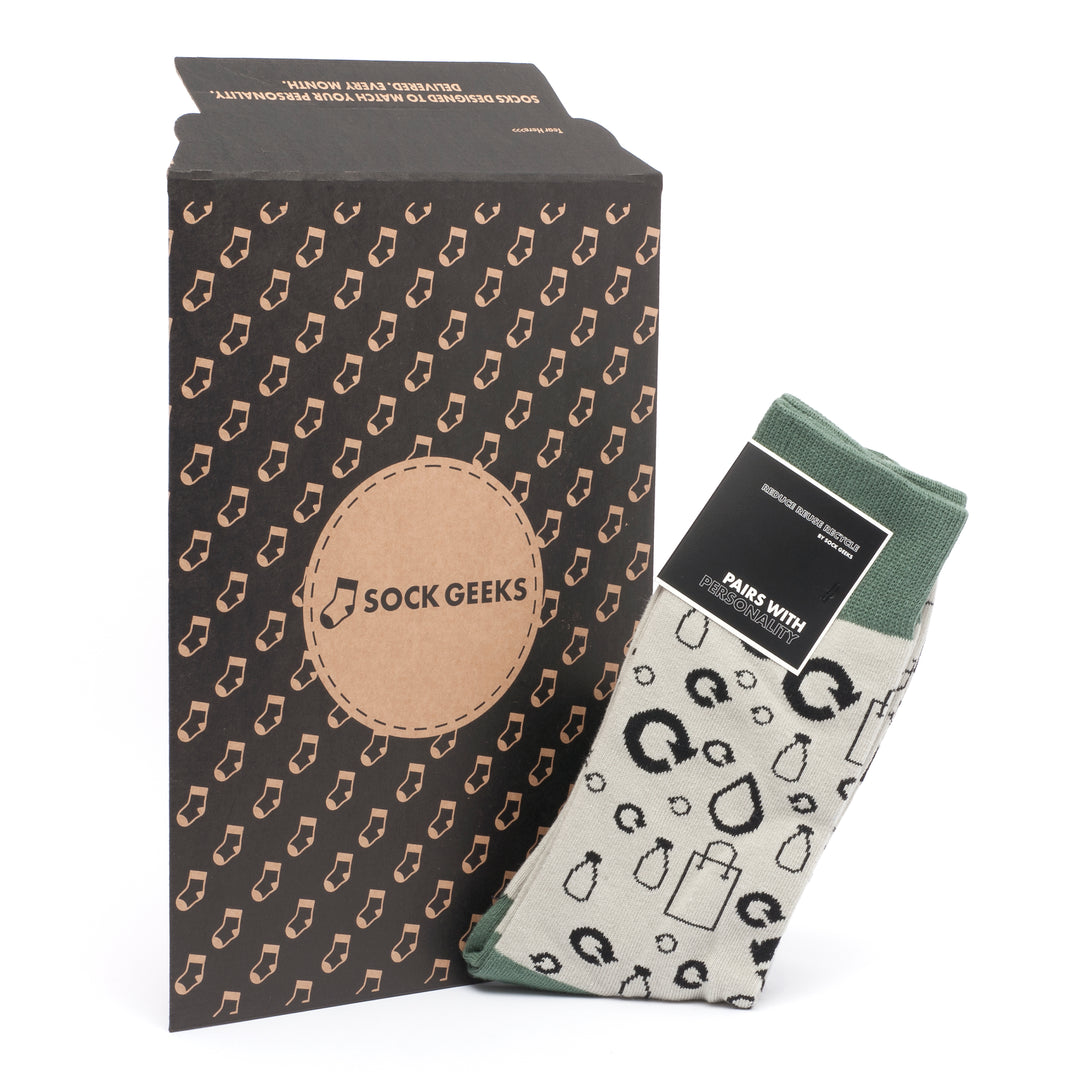



Leave a comment